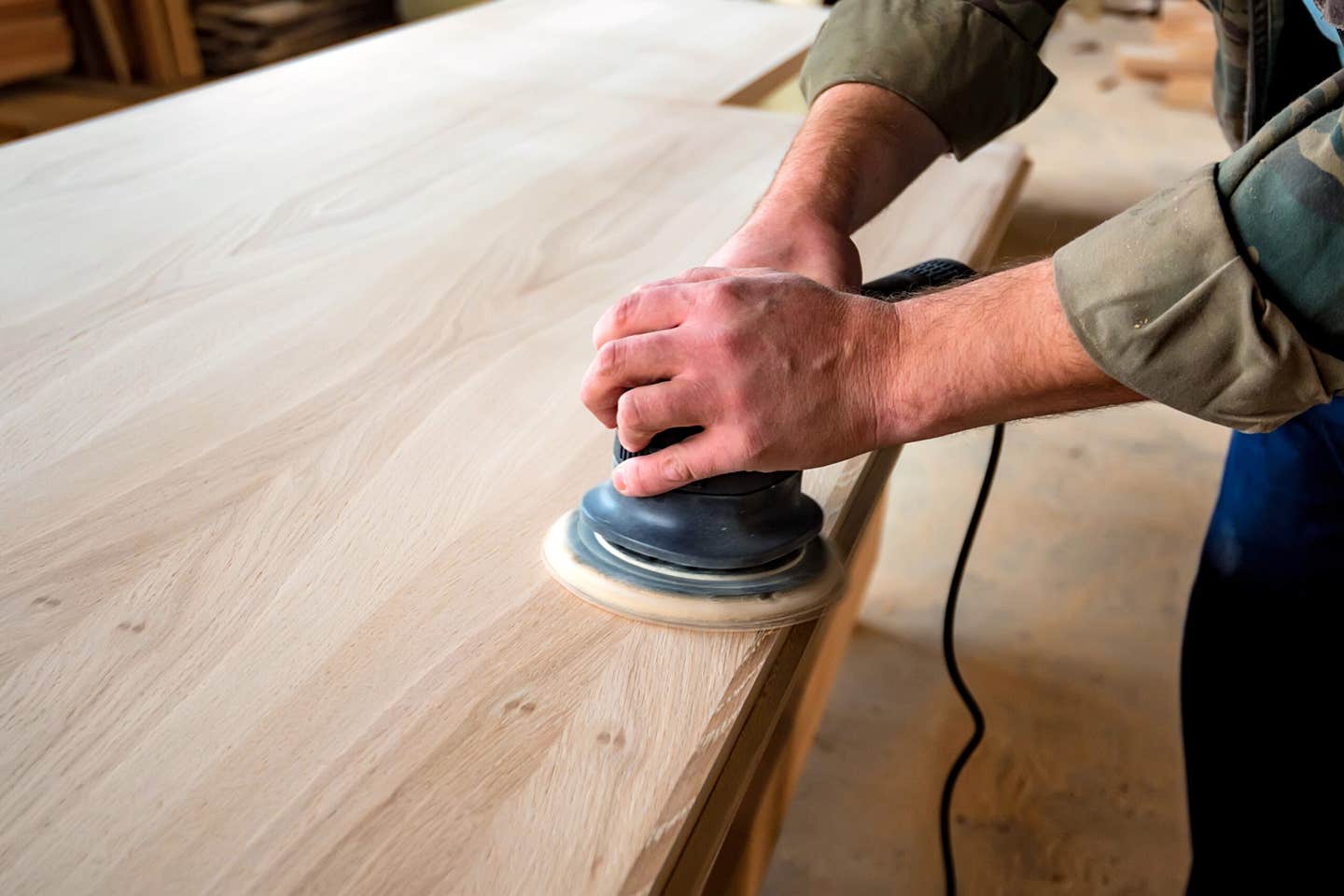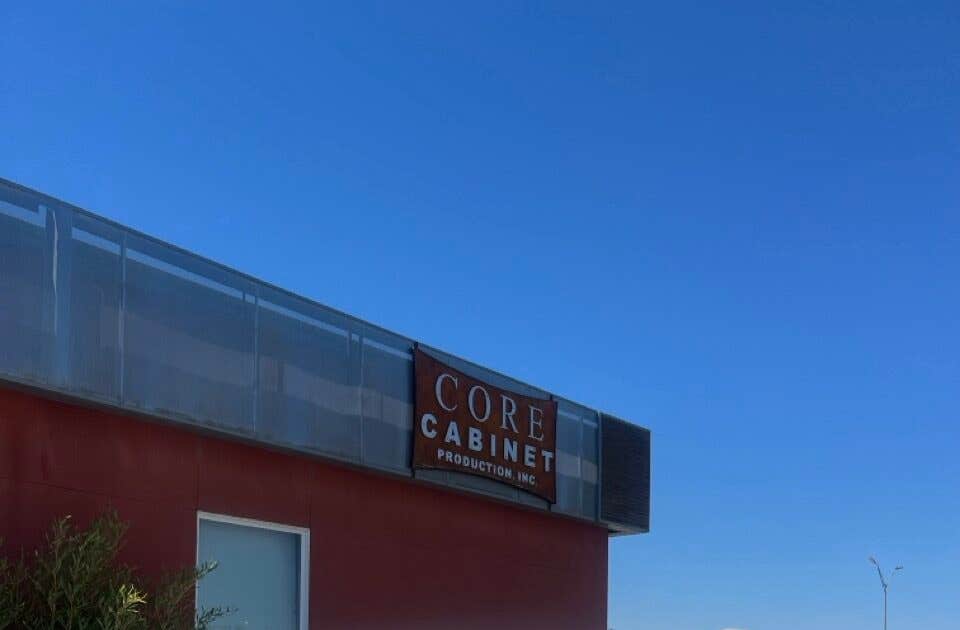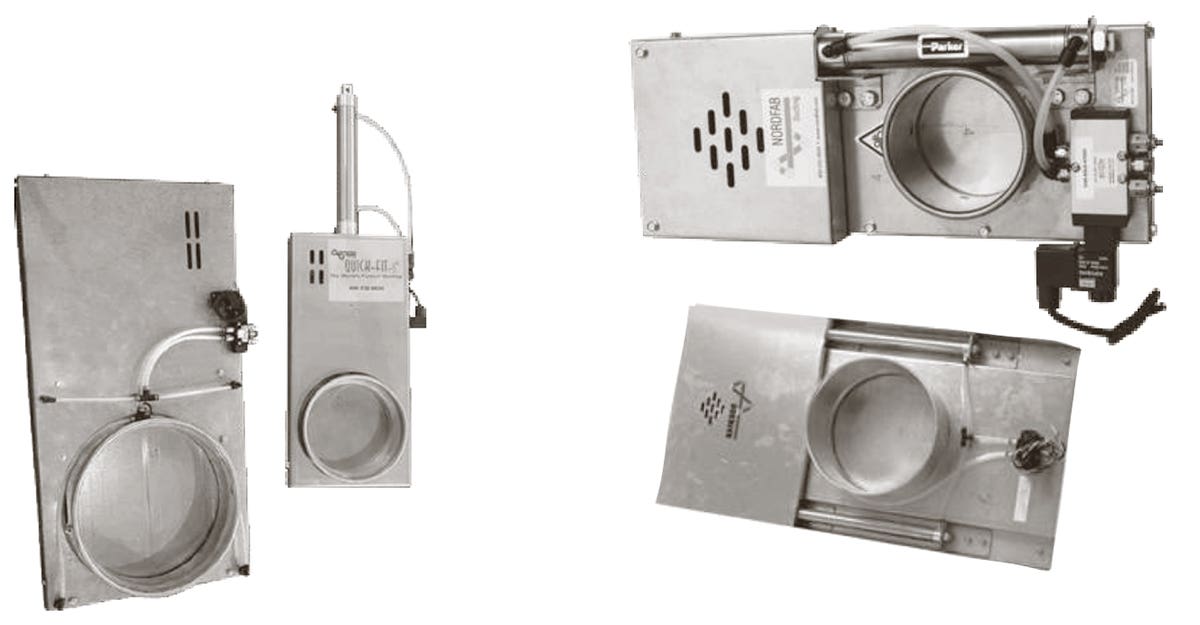In tune with technology
Richard Doyle has been running a cabinet shop for nearly 20 years and doesn’t hesitate when asked about the biggest changes that have taken place. “It used to be the…
Richard Doyle has been running a cabinet shop for nearly 20 years and doesn’t hesitate when asked about the biggest changes that have taken place.
“It used to be the woodworking skills were most important, but now I think it’s having computer skills,” says Doyle, president of Bryce and Doyle Craftsmanship in Rochester, N.Y. “What you really need to do is be able to use spreadsheets and keep current with technology.
“Woodworking skills for my employees are still very important, though. Craftsmanship is part of our name and who we are and that’s at every level. From the proposal stage to installation, it means something more to us.”
Doyle and his team have been growing the business through creative online marketing, something he wishes he’d done years ago. He’s gone back to school, taking classes to learn how to compile pricing information and create drawings that can be accessed quickly and accurately by customers.
“The CAD drawings, they have to be so specific now. Before, you could start a project and people know who you are; it’s by referral and they trust you. It’s not quite like that anymore,” Doyle says.
“If I knew how beneficial the Internet was, I would have put myself out there much earlier. We just started two years ago and we should have been on it ages ago. We had a website but it was just basic, so two years ago we hired someone to build a good site and we get compliments now.”
A novel approach
Doyle, a Rochester native, didn’t set out to be a woodworker in the early 1970s. Any job will do when you’re young and unemployed. His cousin happened to need help making novelty items sold at crafts shows — and that was that.
“I just fell in love with woodworking immediately,” says Doyle. “The minute I started, I knew what I wanted to do.”
Doyle and his cousin formed a partnership running a business called Almost Ordinary Wood Products. Doyle learned by trial and error and graduated to furniture and cabinetry in the early ’80s. The partnership dissolved and Doyle carried on with three employees.
Today, the shop’s territory extends to Buffalo and Syracuse. Most of its work is done in high-end residential homes. The shop has an annual gross of about $2 million.
It completes about 50 to 60 projects a year with about eight jobs in various stages of production at any given time. Kitchens and baths account for about 70 percent of the company’s work, followed by entertainment centers, dining sets, bedroom suites and other built-in items. The company’s design team embraces modern looks, which bucks the longstanding traditional furniture preferences of many locals, Doyle says.
“Rochester is so conservative that larger companies test products here to see if they can sell them, because if they can sell them here they can sell the anywhere. But it is getting more contemporary. Most of the people that come in here have an idea of what their style is. Our showroom has made more contemporary people come in.”
Quality and service are an easy sell, says Doyle. The price? Not so much.
“Since the economy took a hit, the margins are tight for everybody. So what we do is do all of our research upfront for quoting. Before a tool’s even lifted, all of the questions about the product have to be decided. If we go into anything to do a project to build something and it’s open-ended, you’re not going to make money. So we make sure all of the homework is done before the work starts and that’s true in any part of our job now.”
Behind the scenes
The company has a 4,000-sq.-ft. shop and 6,500-sq.-ft. showroom. Finishing is done in-house, but veneer work and CNC machining is outsourced.
“We are talking about how we’d like to introduce a CNC to the shop, maybe sometime this year. We’ve looked at a few. If I knew how valuable they are a while ago, we would have been automated earlier in the game,” says Doyle.
The employee breakdown includes two designers, an office manager, three installers and two craftsmen. The staff was down to four at the height of the recession and only came back to its current level last year.
“I’m looking to hire more in the near future,” Doyle says. “If things pick up we always have the opportunity but usually if it’s only going to be a surge we just outsource. I’m absolutely interested in growing if things keep steady, but it hasn’t been like that in a long time. It’s been spiking a little, so if we see consistency for six to eight months then hiring on more workers can be justified.
“We’d love to expand and increase the volume and we’re always looking for different way to do it. I manage the projects and I will get involved at any stage if I have to. Sometimes I’ll get in the shop and work all day. That’s not even work; that’s a treat.”
The recent recession forced Doyle to do the unthinkable: underbid projects just to stay afloat.
“There would be five companies trying to get one job so we had to bid within dollars and the people weren’t even looking at service or quality, they were just looking at the bottom line. It was horrible, the worst five years I ever spent in this business. It wasn’t about quality, it was about price. And that’s not who we are.”
The company’s redesigned website features an extensive portfolio, an explanation of services offered, a virtual tour of the showroom and vendor links for kitchen appliances, cabinet hardware and other accessories. There’s also a blog on design ideas, updated about once a month.
“We’re constantly upgrading the social media stuff, Twitter, Facebook and we have a Pinterest account, so we keep ourselves out there,” says Doyle. “We constantly change our website so if you do [a generic] search for it, we usually we come up in the first few results. We update daily because people are shopping online. Our Yellow Page advertisement is now nothing; it’s just a bolded listing.”
But the Internet can be a double-edged sword, Doyle says. There’s almost too much information available for a potential customer.
“People go on the Internet and they think that everything they see on it is true. So where they used to always hire us because of a trust factor, now at times it feels as if the customer knows more about us than we do. We notice that’s challenging. It makes the projects go on a little longer. They’re researching things on their own because it’s so easy just to Google something and find out what’s going on,” says Doyle.
“But we know what’s going on in the marketplace, too. We change things as it changes; we don’t stay stagnant.”
Contact: Bryce & Doyle Craftsmanship, 19 Jay St., Rochester, NY 14608. Tel: 585-232-4520. www.bryceanddoyle.com
This article originally appeared in the February 2014 issue.







